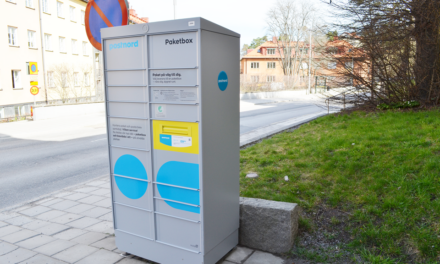
Consignia seeks 1p on post
Consignia, the loss-making postal services group, is to reactivate plans to raise the price of first and second-class stamps by a penny in an effort to offset an expected £750m hit on its operating profits from open competition.
The state-owned group, which yesterday confirmed plans to close up to 3,000 urban post offices, will warn its new regulator tomorrow that its plans to effectively liberalise the postal market by 2004 will knock £250m off its annual operating profits.
This would be on top of the £500m estimated impact of European Union plans to increase competition gradually over the next four years until full liberalisation from around 2009.
Consignia, the renamed Post Office, which is losing £1.5m a day, has repeatedly clashed with its regulator, PostComm, and a year ago withdrew plans to raise the cost of stamps by 1p, taking the cost of first-class mail to 28p and of second-class letters to 20p.
PostComm told Consignia’s much-criticised management to increase mail centre efficiency and delivery quality instead. But the group, which is shedding up to 40,000 jobs over the next three years, now expects PostComm’s approval for the increases. The plan for dearer stamps will accompany a tough response to PostComm’s proposals to expose the UK market to greater competition more quickly than elsewhere in the EU.”Why should this happen when European post offices still have a level of protection in their domestic market and can use that to cherry-pick ours?” insiders asked.
PostComm, which has since hinted it could delay implementation of its plans, originally proposed opening a third of the market immediately, enabling Consignia’s rivals such as the German and Dutch to collect and sort “bulk mail” consignments of at least 4,000 letters.
In 2004 this threshold would be lowered to 1,000, opening up a further third of Consignia’s market. But “consolidators”, companies putting smaller amounts into bundles of 1,000, could also be given entry to the market which would then be fully open – before the 2006 target date.
The regulator would also be empowered to set the price competitors would have to pay Consignia for taking their mail “the final mile” from delivery centre to homes and offices. Consignia wants this set at a “commercial” level.
This emerged as the group confirmed that the government was putting up £270m to “modernise and protect” the urban and rural network of 17,500 post offices. More than 500 of these close each year.
In the Commons Tony Blair denied that this scheme, primarily aimed at urban post offices, would see 3,000 closures, though it is understood that between 2,000 and 3,000 would be likely to go.
Subpostmasters would be offered grants of up to £10,000 to upgrade their branches, while those who leave would get more than two years’ pay in compensation – worth around £60,000 on the average salary of £29,000.
Consignia officials said it would take around five years to wipe out the annual £100m losses endured by the network but the scheme would help manage the process of closures. They insisted that more than 95% of urban customers would still live within a mile of their nearest branch.













